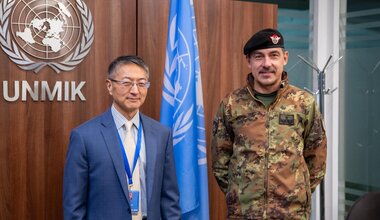‘Like a Real Woman’ – when marriage amounts to violence
“You look beautiful – just like a real woman.”
This is the line told by a mother to a daughter in a short fictional film by UNMIK. However the “real woman”, central protagonist Shpresa, is only 15.
The film Romni focuses on the story of a teenage girl from Obilic who loves football and wants to finish school; but who is thrust into chaos when she discovers her family are planning to marry her.
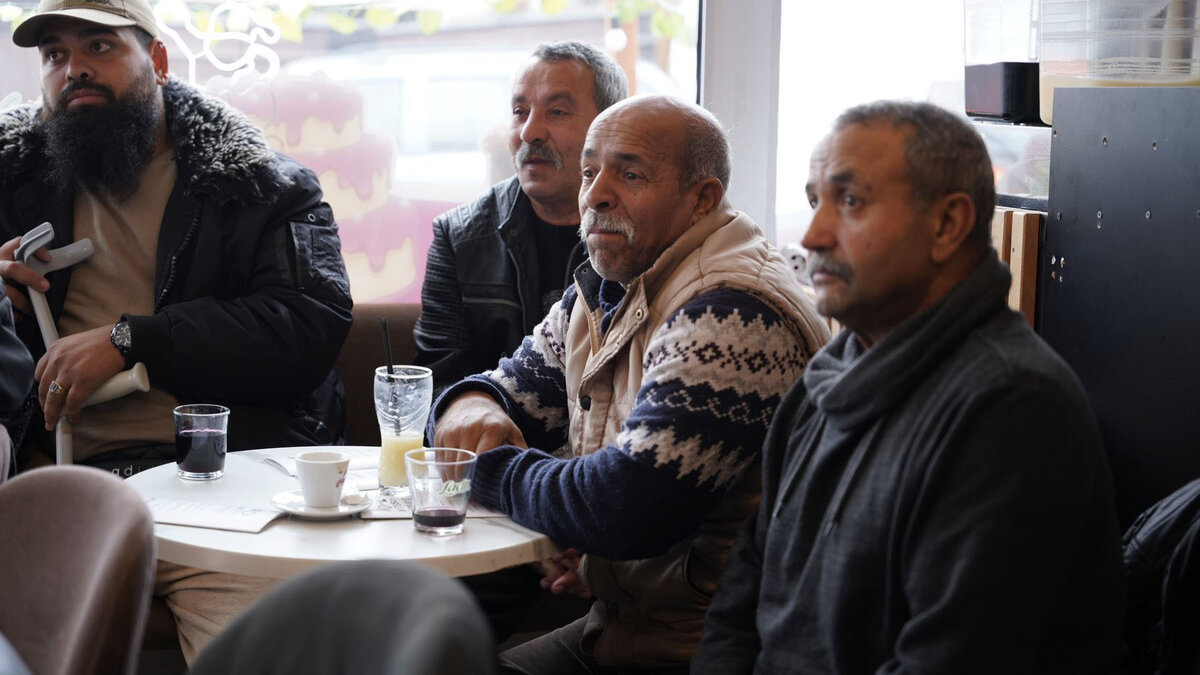
Romni was screened six times in four cities across Kosovo, in Obiliq/Obilić, Fushë Kosovë/Kosovo Polje, Gjakovë/Đakovic and Ferizaj/Uroševac, during this year’s 16 Days of Activism campaign to eliminate violence against women which began on November 25. The film was portrayed by activists and other non-actors from the Roma, Ashkali and Egyptian community, and these actors all featured in an accompanying documentary explaining their hopes, worries and activism work.
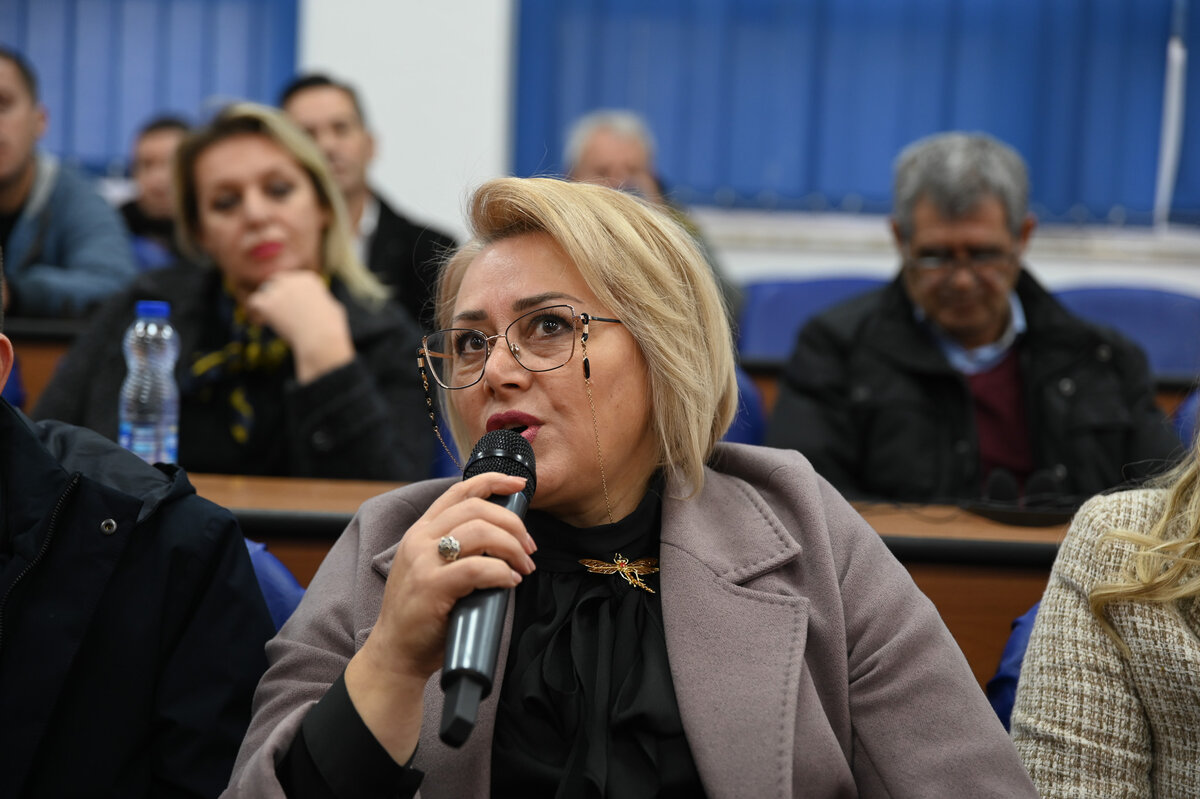
“Something has to be done to ensure education and emancipation of [all] young women to allow them a choice in their lives,” law student Milica Pečinoćević told a roundtable at UNMIK, where law students from across Kosovo came to the event co-hosted by the Kosovo Legal Institute (KLI).
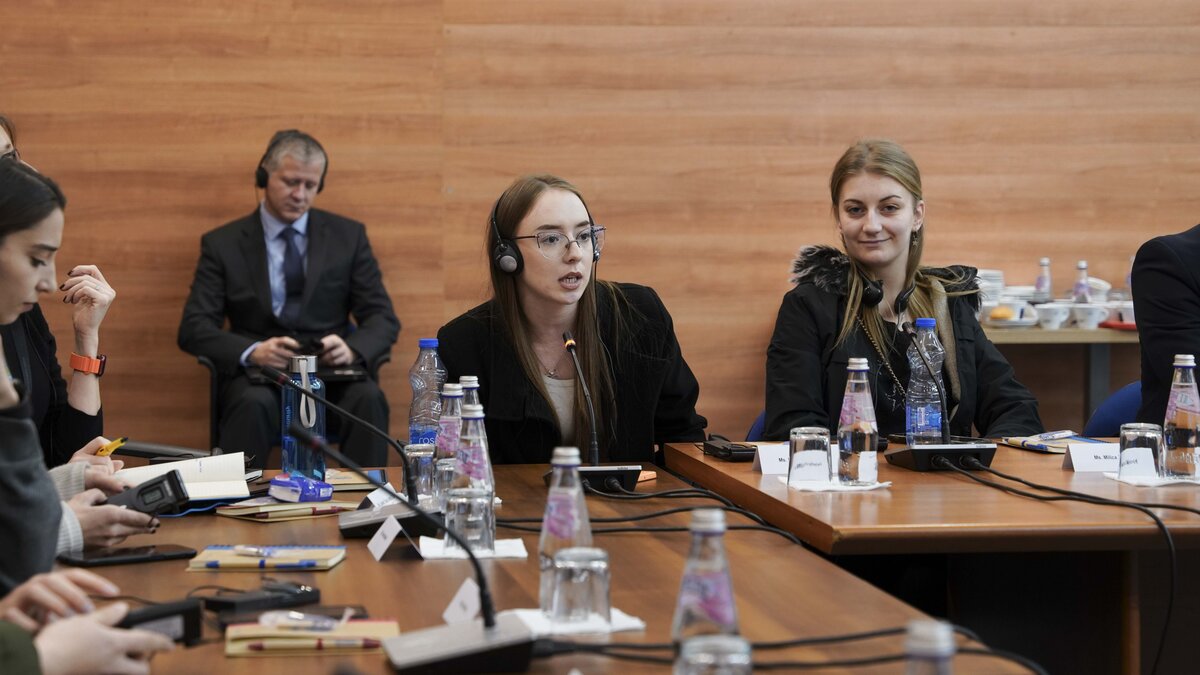
All screenings were followed by panel discussions, where viewers were encouraged to take part in conversations led by community leaders and activists. Different societal aspects to fight this phenomenon were discussed across these panels, but one major focal point was on the role of education and economics.
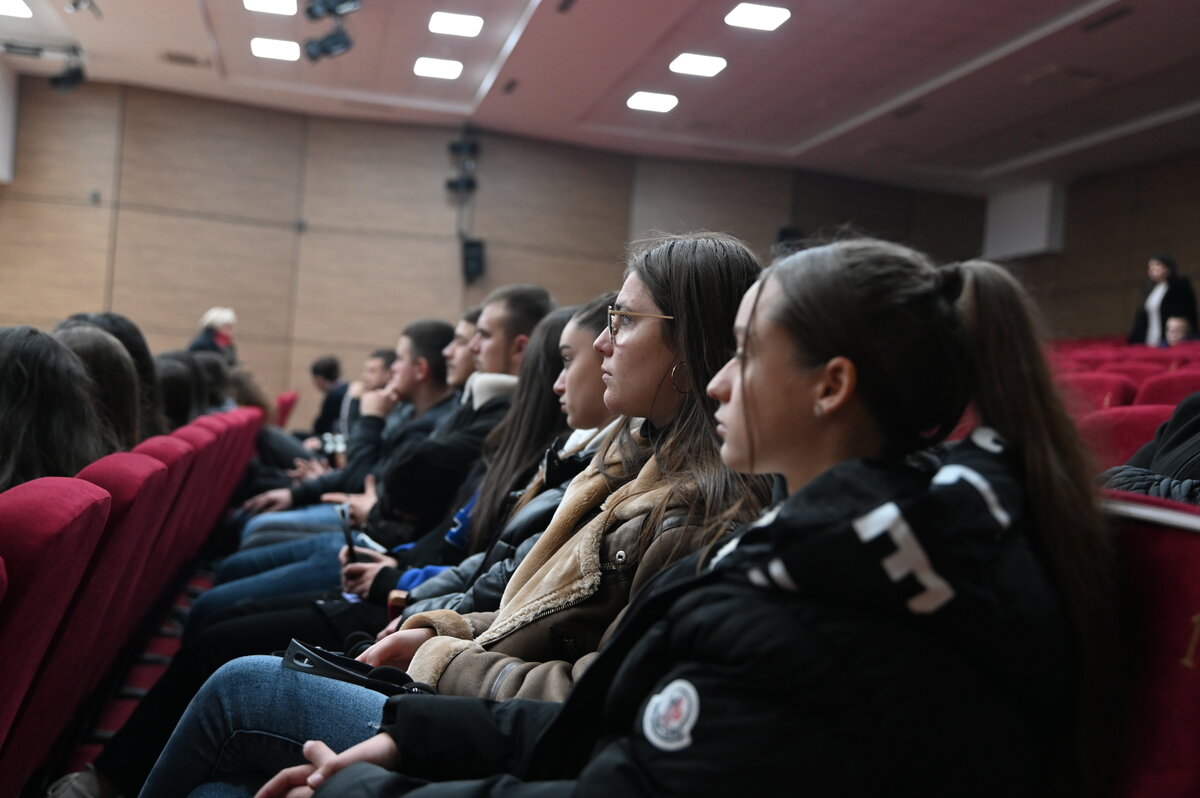
“The economic situation has to change by all means, education as well...if we want to fight this phenomenon. The economic situation is such that if a family has many children, they will be obliged to follow the road as we saw in this film,” audience member Zelushe expressed after a screening held with the Obiliq/Obilić municipality.
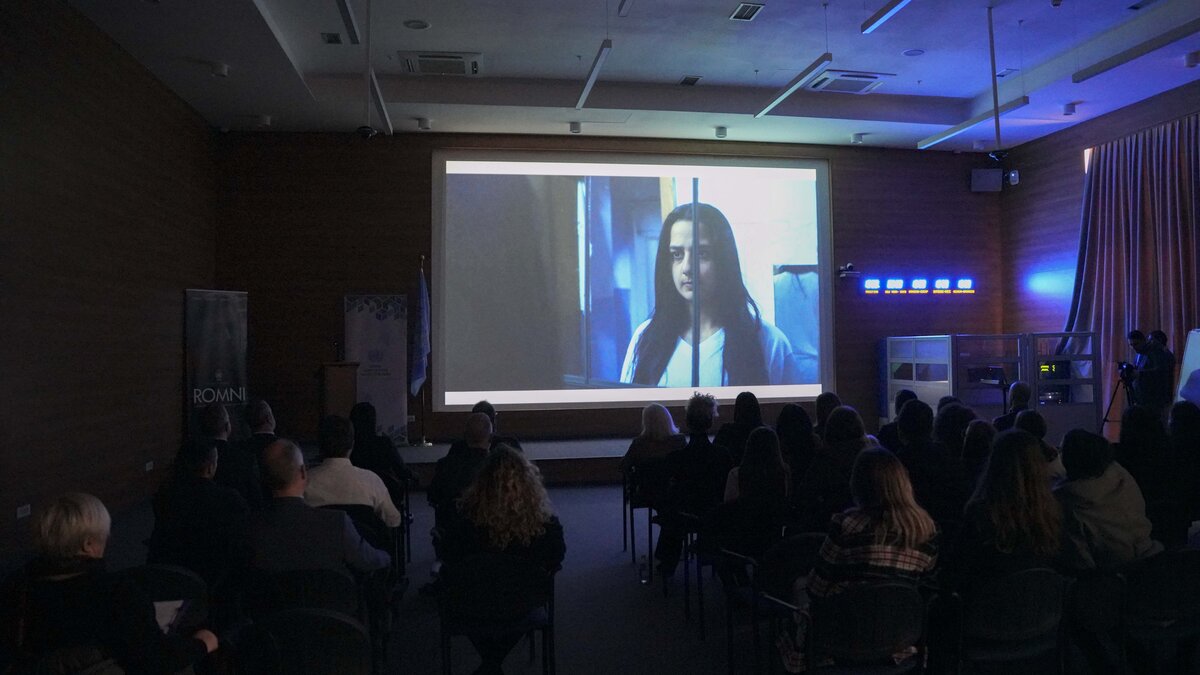
Xhulieta Devolli from the Network of Roma, Ashkali and Egyptian Women's Organizations of Kosovo hosted two screenings in Gjakovë/Đakovica. She said the COVID-19 pandemic had worsened the practice of early and forced marriage particularly in this minority community: “Most of the girls that were enrolled in schools dropped out because they didn’t have laptops or any means to continue attending classes online”.
Meanwhile Afrim Goza said girls who attended school were less likely to get married – however, parental concern often prevented girls from accessing education.
“[But] parents are scared to send the girls to higher education in the capital for example. They are scared they will be discriminated, stigmatised and not accepted.”
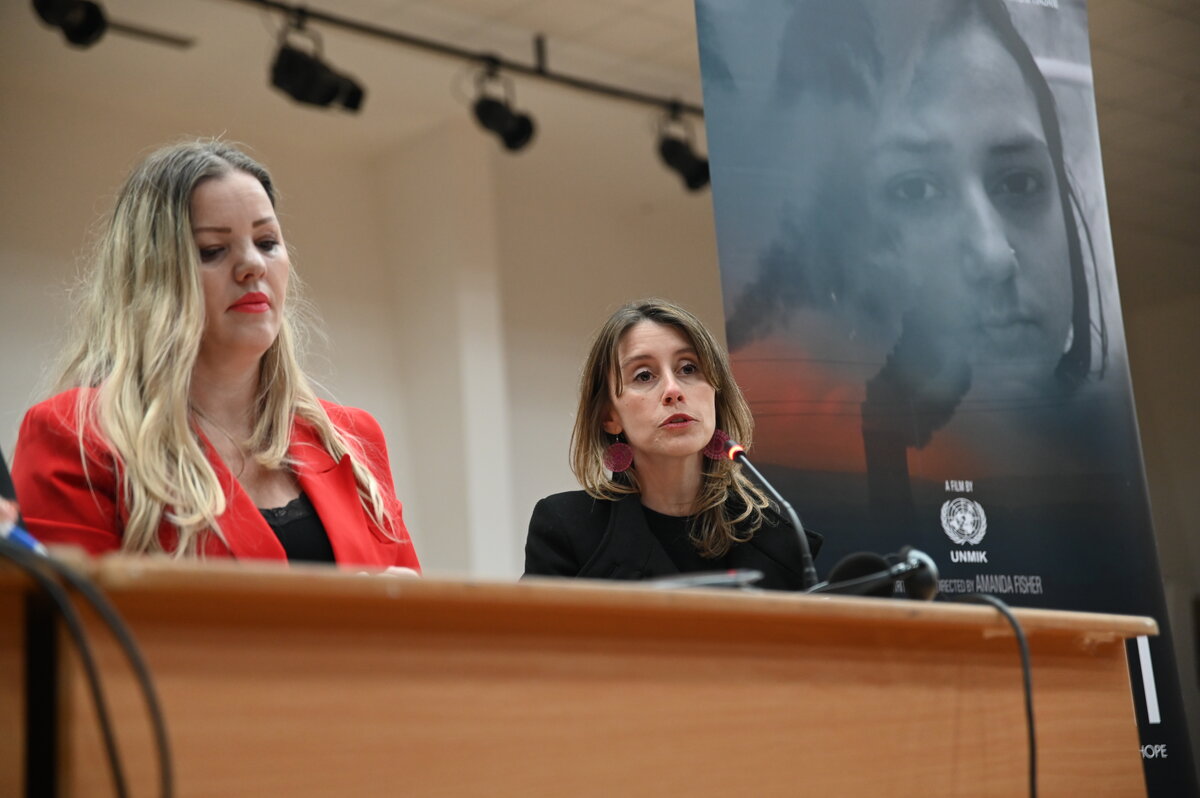
UNMIK Gender Advisor Javiera Thais Santa Cruz explained that in Kosovo, where UNICEF estimates that one in 25 women were married before they turned 18,
child marriage is a form of violence that is less talked about but harms reproductive health and usually leads to lower education and employment opportunities.
The legal system could also provide a remedy, but the topic of early and forced marriage needed more open discussion, KLI coordinator Arrita Rezniqi said.
“Kosovo institutions, and especially the justice system, need to handle such cases with utmost care and priority… in line with the purpose of the legal provisions itself.”
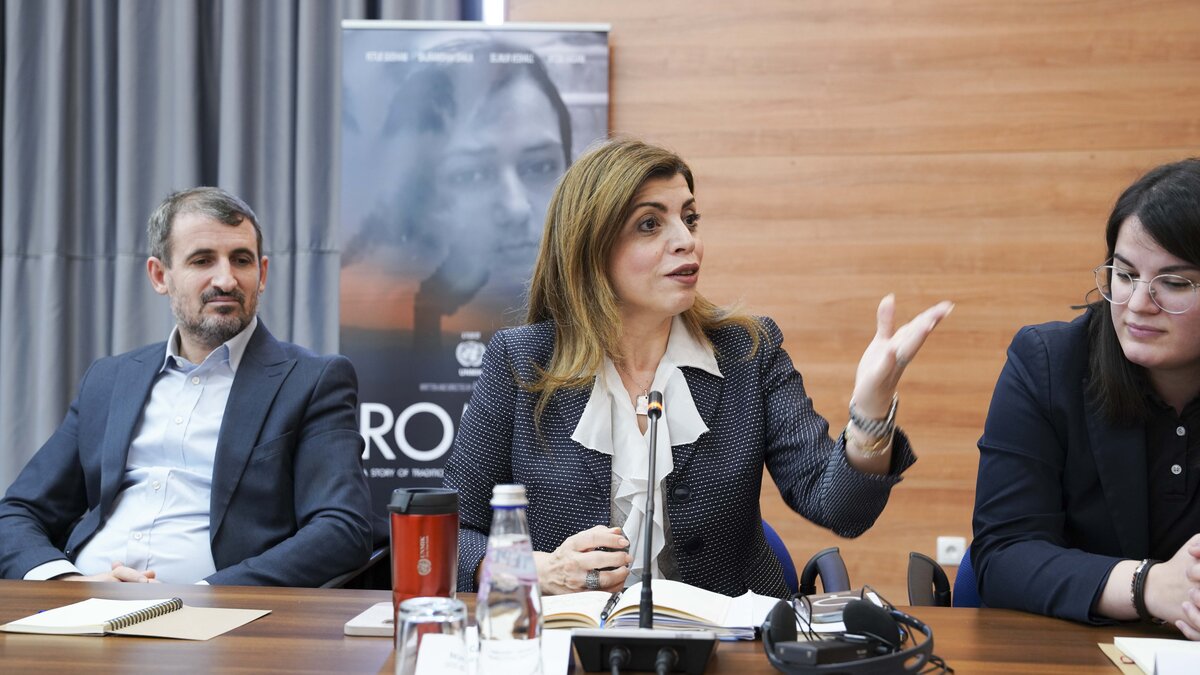
UNMIK Head of Mission and SRSG Caroline Ziadeh, who led one of the panel discussions after a screening, told the audience gathered that the time had come for society to prioritise the full inclusion of women and reaffirmed UNMIK’s commitment to gender equality.
“We must help women and girls to be protected but also reintegrated into social networks and to be empowered and access platforms to make their voices heard.”
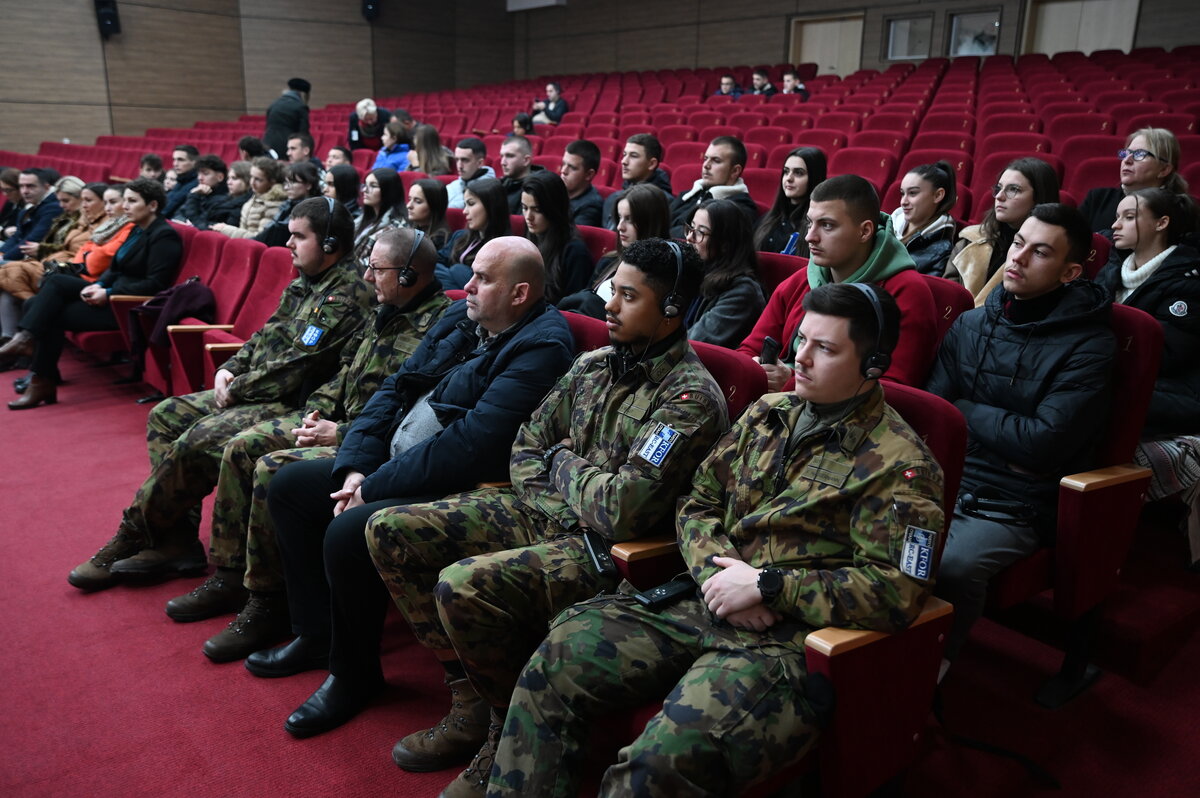
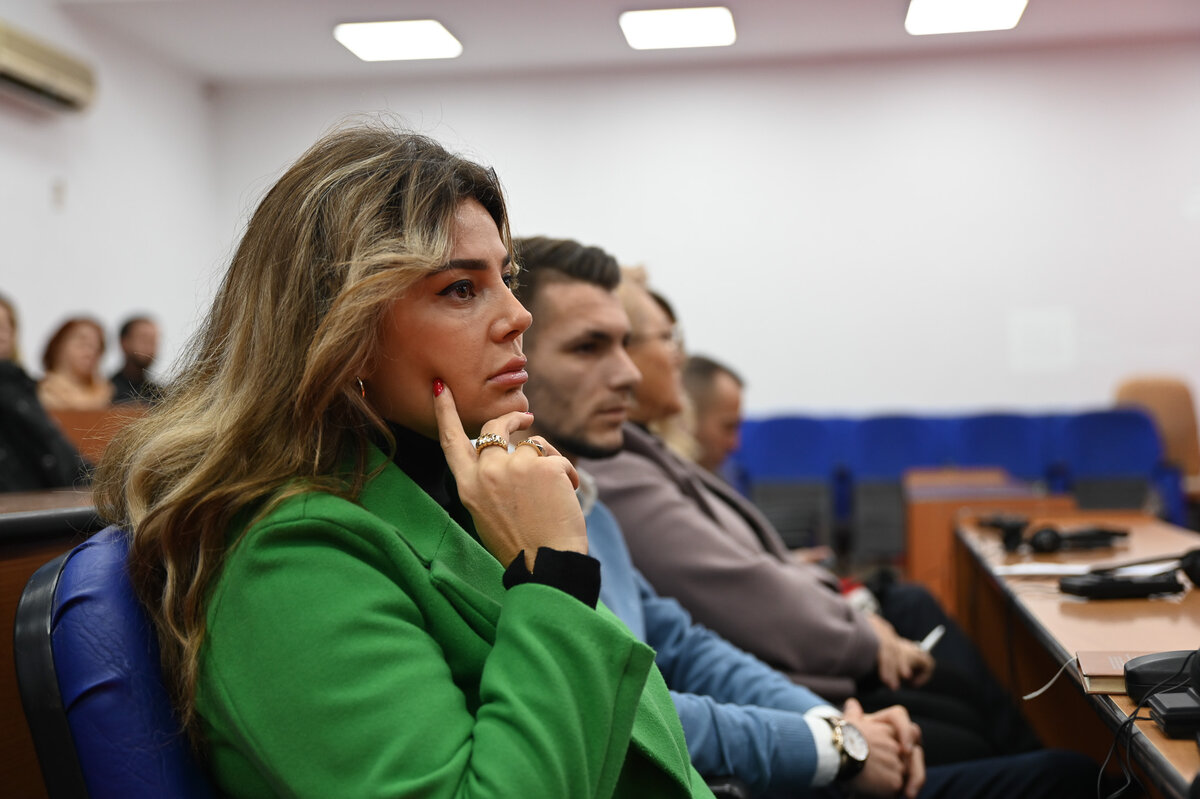
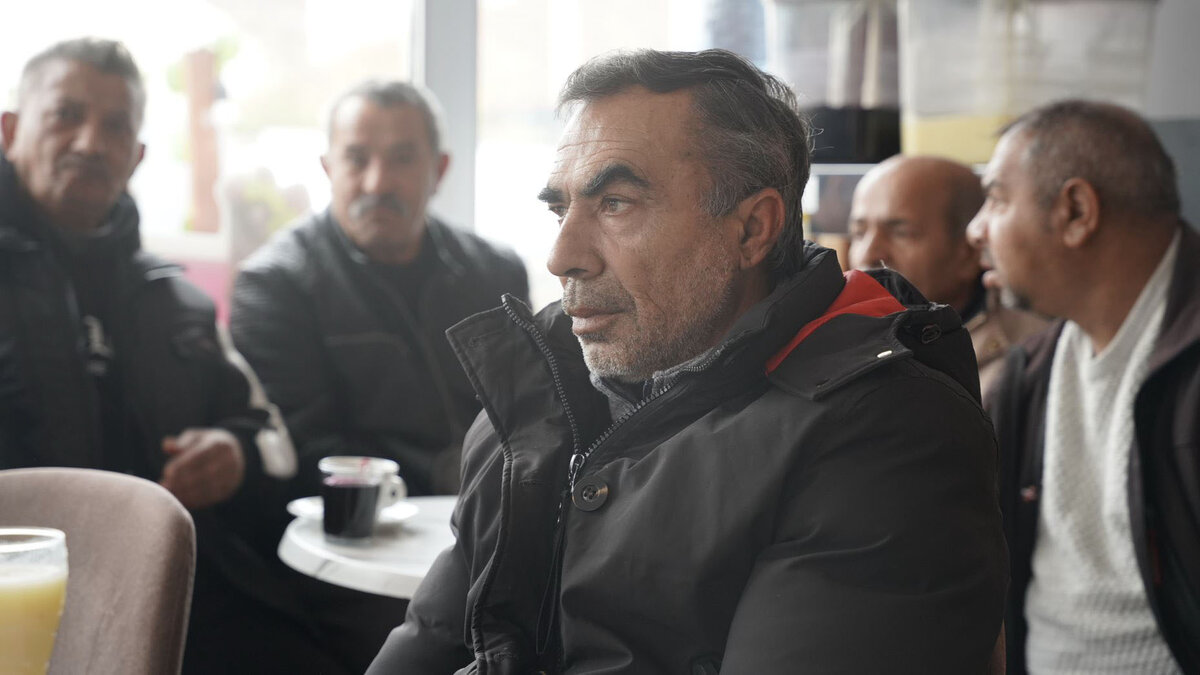
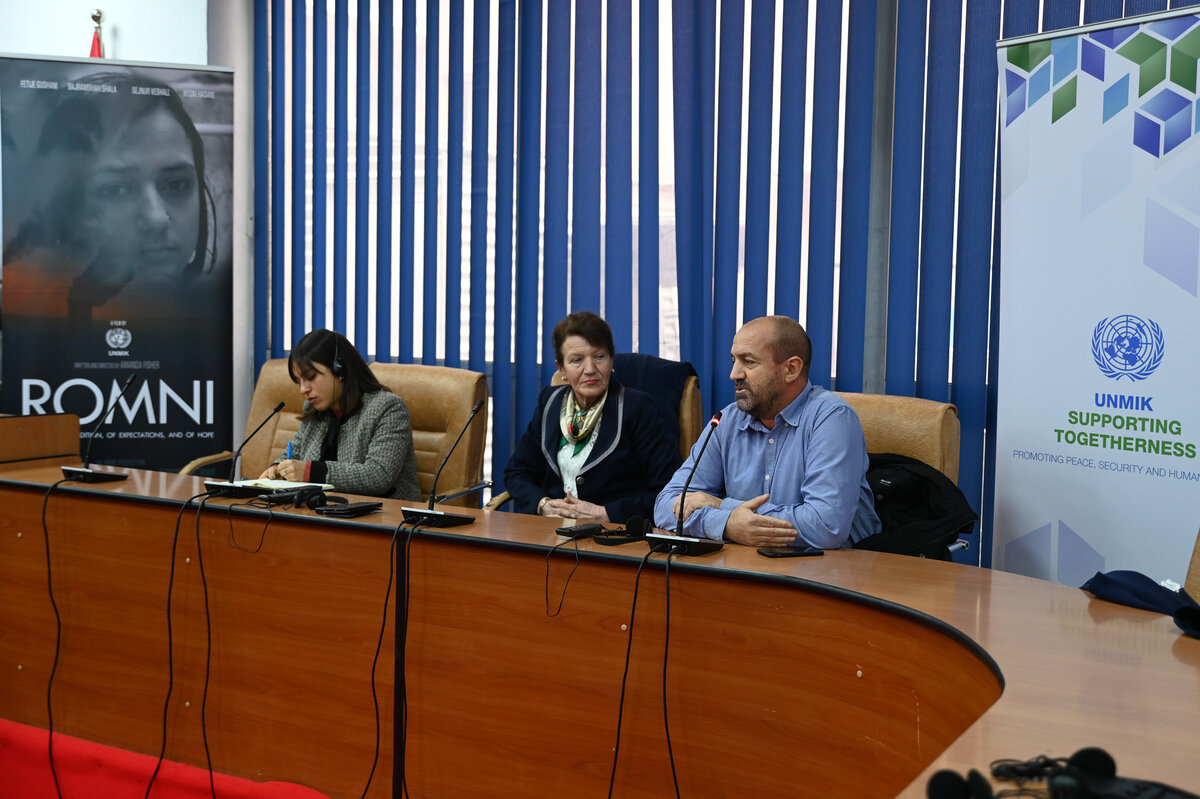
 UN
UN United Nations Peacekeeping
United Nations Peacekeeping





